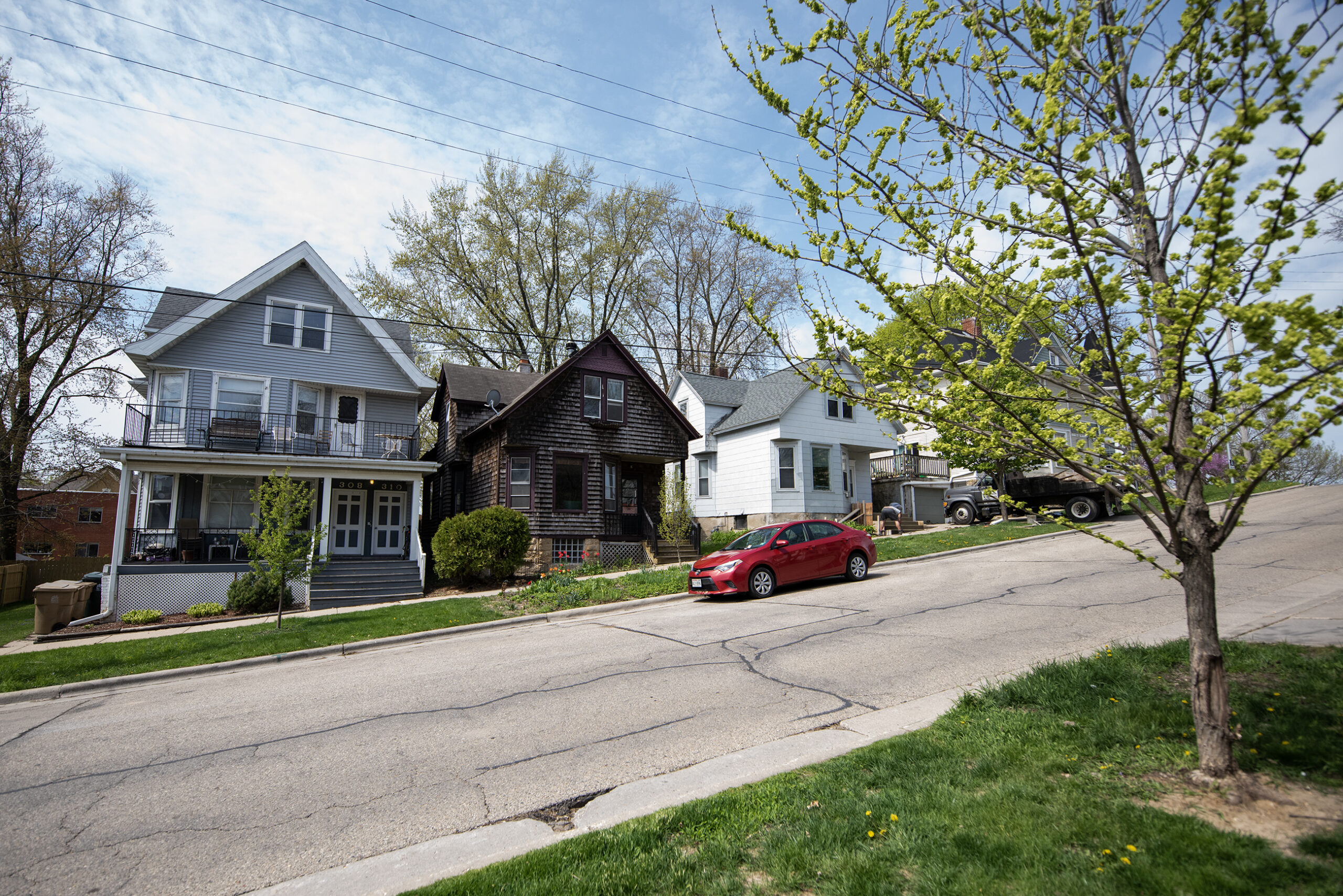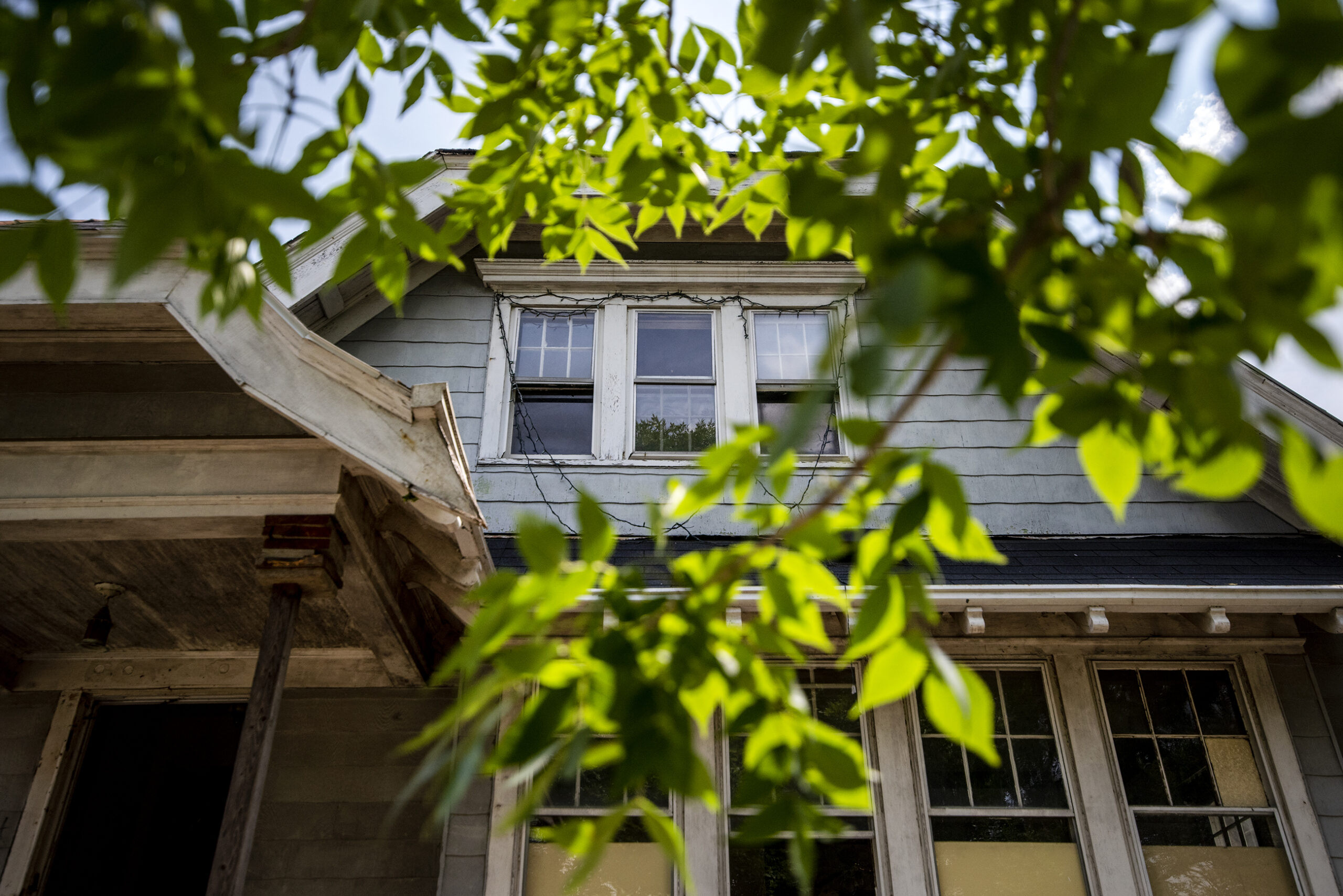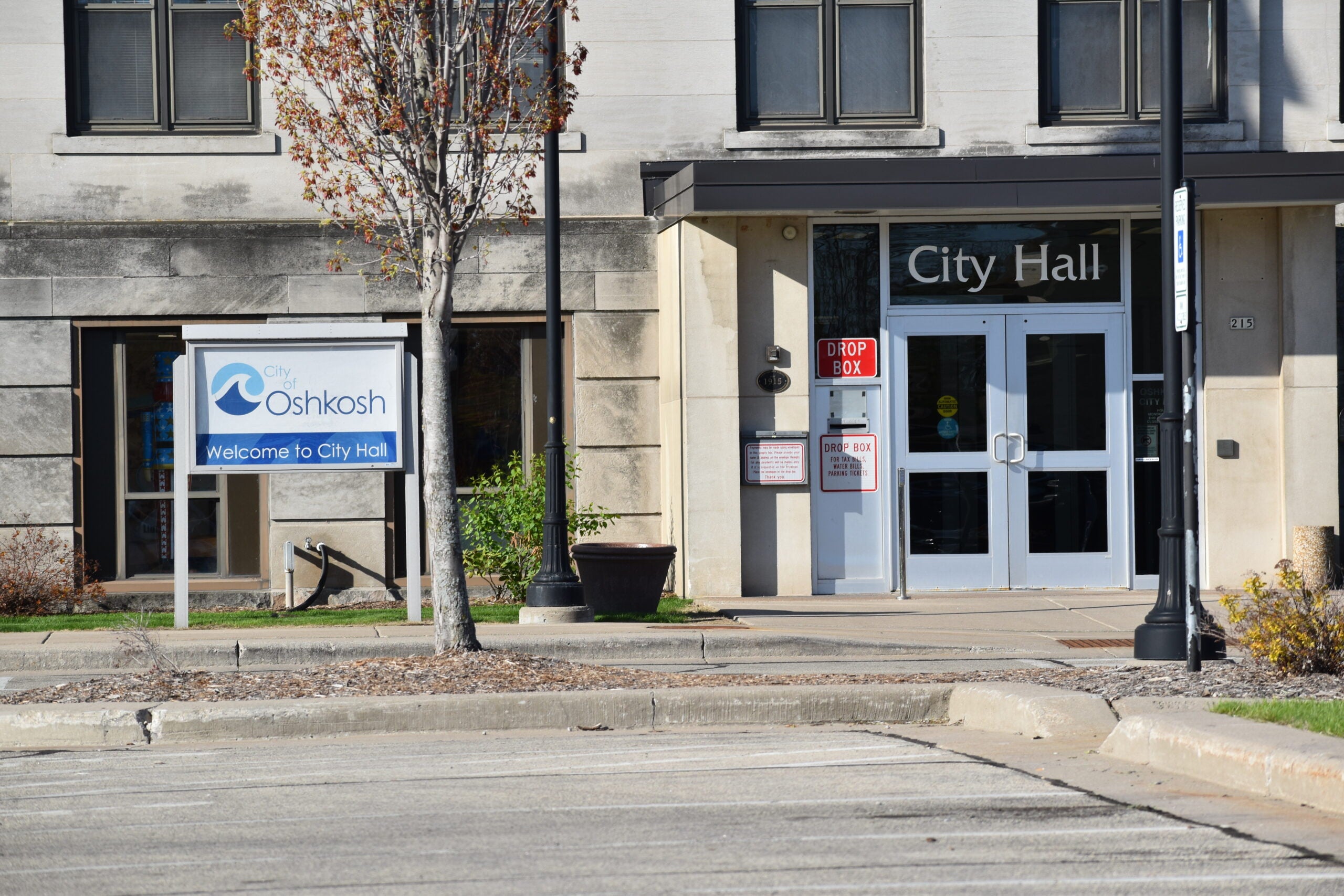Municipalities are struggling to keep pace with rapidly rising home prices, creating the largest gap between local property tax assessments and market values in recent years.
That’s according to a new report by the Wisconsin Policy Forum. The report says the gap between assessed and market values has spawned concerns about the fairness of Wisconsin’s property tax system.
When property reassessments do occur, the report says many will see “huge increases” in their assessed property values. But that doesn’t necessarily mean they’ll see the same increase in property taxes.
News with a little more humanity
WPR’s “Wisconsin Today” newsletter keeps you connected to the state you love without feeling overwhelmed. No paywall. No agenda. No corporate filter.
Over 800 Wisconsin municipalities have assessed values for the properties in their borders that are lower than 80 percent of their market value, according to the report. That’s the largest gap since at least 2011.
Ari Brown, a researcher for Wisconsin Policy Forum and the report’s author, said the main cause for that gap is “the hottest housing market in recent memory” over the last few years.
“When property values are rising so quickly, it is hard for local assessors to keep up with that,” he said. “There’s just a lack of supply and housing right now to meet demand.”
On top of trying to catch up to a booming housing market, revaluations can be a major expense for local governments, on top of other necessary costs like infrastructure investment, Brown said. A revaluation is a program undertaken by a municipality to appraise all property within its boundary to its full and fair value.
For example, a full revaluation for the city of Rhinelander — which has a population of roughly 7,800 — would cost nearly $160,000, according to the report.
Staffing constraints also make it difficult for local governments to catch up on assessments, said Jerry Deschane, executive director of the League of Wisconsin Municipalities.
“Municipalities are trying to do their job — they’re trying to catch up,” he said. “But there’s a limited number of human beings out there, called state-certified assessors, and there are not enough of them to go around.”
The report said Wisconsin is one of only eight states which assesses property values entirely at municipal level, as most dedicate that responsibility to counties.
From a budgetary perspective, Brown said making Wisconsin counties responsible for revaluations could ensure they’re done more frequently. But that may not solve the entire problem.
“You still need the staff to do that,” Brown said. “A full revaluation requires individual assessors going into every single home in the community to basically run a checklist of what is in this home? What makes up the value of this home? Even if there was the budget, you still have to worry about getting the staffing to do all of that.”
If every property in a community were equally under-assessed, it wouldn’t necessarily lead to an unfair distribution of property taxes, the report said. But the gap between market and assessed values may mean that some neighborhoods or types of properties are more likely to be paying more or less than their fair share, the report added.
“In a suburban community that is growing but doesn’t necessarily have the ability to hire a local assessor, they might run into problems,” Brown said. “One new neighborhood that has been built very quickly, now has really high market values. And the other already existing neighborhoods haven’t been reassessed, so they might be under paying relative to those new homeowners.”
Brown added that Wisconsin’s hot housing market has widened the gap between assessments of commercial and residential properties.
He said commercial property assessments are typically closer to their market value than those of residential properties. That means commercial property owners may be overpaying on property taxes relative to homeowners.
Commercial property was assessed at least 10 percentage points higher than residential in 59 of those communities, meaning that commercial property owners appeared to be overpaying property taxes relative to homeowners.
“It’s not going to be more (of an issue) depending on where you are,” Brown said. “It might not mean more than a few dollars of underpay or overpay each year, but It’s definitely something that can impact residents’ pocketbooks.”
Residents in communities that have done revaluations recently may feel a sense of sticker shock when they see their new assessed property value. In the Fox Valley’s city of Neenah, for example, assessed residential property values went up by 37 percent from 2022 to 2023.
But that doesn’t mean every homeowner’s property taxes will go up by 37 percent. That’s because a municipality’s property tax levy is tied to net new construction.
“Local governments in the state — with a couple of important exceptions — can only raise overall property taxes each year by the rate of net new construction, which is just taking the value of any new construction in the municipality, and dividing it by the total property value of that municipality,” Brown said.
That means the less new construction a municipality has, the less they can raise their property taxes, and vice versa. Deschane said assessments really only determine a property owner’s share of the tax levy.
“If all the houses in a municipality go up in value by the same amount, the amount of taxes those houses pay really shouldn’t go up,” he said. “Property tax assessments alone don’t make the tax levy go up.”
Wisconsin Public Radio, © Copyright 2026, Board of Regents of the University of Wisconsin System and Wisconsin Educational Communications Board.





